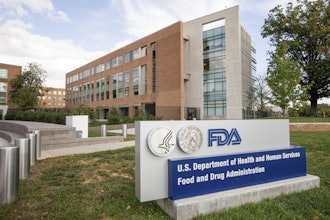
OMAHA, Neb. (AP) — Two cases of bird flu have been confirmed in U.S. zoos, but officials said they won't order widespread euthanasia of zoo birds the way they have on farms.
U.S. Department of Agriculture spokesman Mike Stepien declined to release any details about the zoo cases Thursday, including which two zoos were involved.
Many zoos across the country have closed down their aviaries and moved birds inside whenever possible to help protect them from avian influenza that officials believe is primarily being spread by the droppings of wild birds.
At many zoos, penguins might be the only birds visitors can see because they are generally kept inside behind glass where they are shielded from the virus.
Nearly 27 million chickens and turkeys have been slaughtered in 26 states to limit the spread of bird flu during this year's outbreak. Officials order entire flocks to be killed when the virus is found on farms.
Stepien said zoos work with state veterinary officials when the virus is found, but unlike farms, zoos are generally allowed to isolate and treat an infected bird as long as they take precautions to protect the other birds in their collections.
Health officials emphasize that bird flu doesn't jeopardize food safety because infected birds aren't allowed into the food supply and properly cooking meat and eggs to 165 degrees Fahrenheit will kill any viruses. The disease also doesn't represent any immediate public health threat, and no human cases have been found in America.
This year's outbreak is the worst one since 2015 when roughly 50 million chickens and turkeys were slaughtered because of the virus. Stepien said that there were very few bird flu cases in captive wild birds in 2015 and none in large zoos, and no wild birds at zoos were euthanized that year.






















